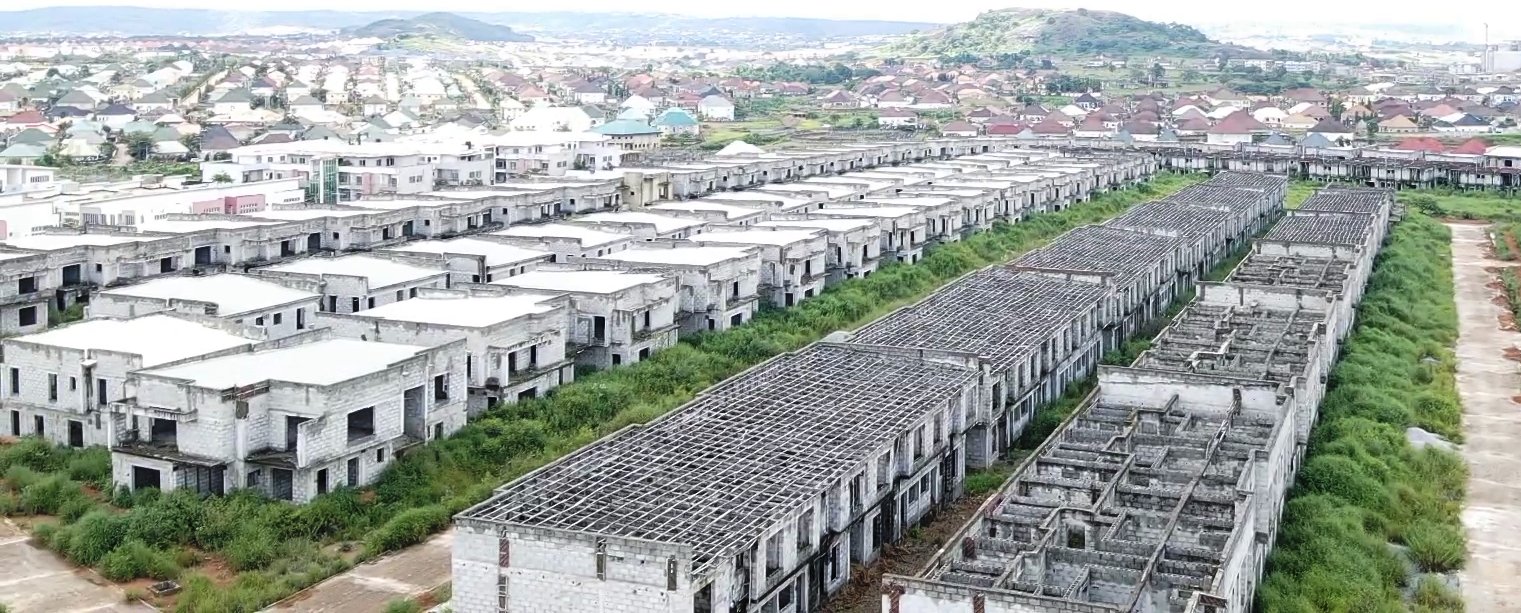EFCC Explains Decision To Withhold Ownership Details Of Seized Properties.
The Economic and Financial Crimes Commission (EFCC) has defended its decision to withhold the identities of the owner(s) of 753 duplexes recently seized in Abuja. According to the agency, its actions align with legal procedures under Nigerian law.
On Monday, the EFCC announced the forfeiture of the properties, located in the Lokogoma District of Abuja, to the Federal Government. However, the lack of disclosure regarding the owners sparked criticism from various quarters, including Omoyele Sowore, the African Action Congress (AAC) presidential candidate in the 2023 election.
In response, the EFCC dismissed the criticisms as “uncharitable” and “unacceptable.” Dele Oyewale, Head of Media and Publicity at the EFCC, clarified in a statement on Tuesday that the seizure was based on Section 17 of the Advance Fee Fraud Act, which permits civil proceedings focused on property (action-in-rem) rather than individuals (action-in-personam).
“This Act allows for forfeiture proceedings against a property in cases where ownership is unclaimed or denied, as was the case with this estate,” Oyewale explained. He further noted that the company flagged during the investigation denied ownership of the properties after their publication in leading newspapers. Following this, the EFCC sought a court order for final forfeiture, which was granted on 2 December 2024 by Justice Jude Onwuegbuzie of the Federal Capital Territory High Court.
While acknowledging public support for the recovery, the EFCC criticised Sowore and his associates for undermining its efforts. “Rather than commend the landmark achievement, it is shocking that certain individuals choose to focus on baseless allegations of cover-ups,” the statement read.
The EFCC also emphasised that the criminal investigation into the matter is ongoing. Revealing identities without concrete evidence linking individuals to the properties would be unprofessional, the commission added.
The agency called on Nigerians to support efforts to close systemic loopholes that enable corruption. “Together, we can safeguard the nation’s financial space against manipulators and organised corruption,” the statement concluded.
This development marks a significant milestone in Nigeria’s anti-corruption efforts, with the EFCC reiterating its commitment to ensuring transparency and accountability.



